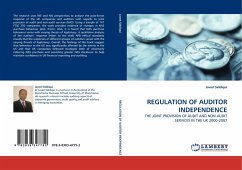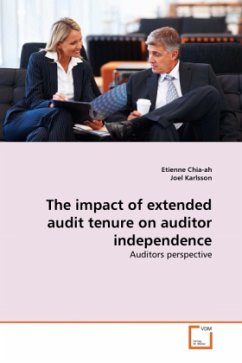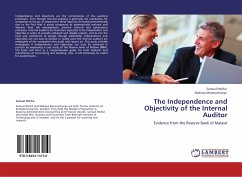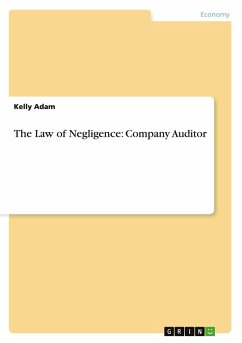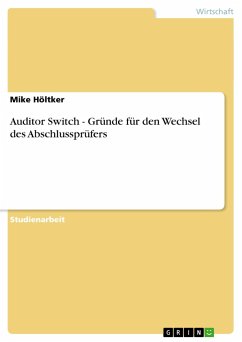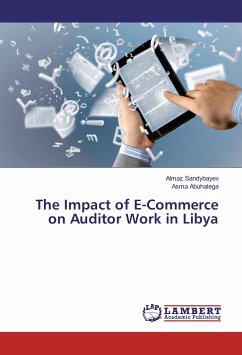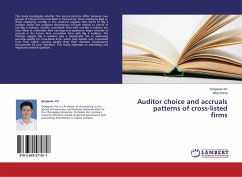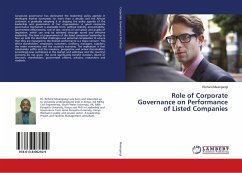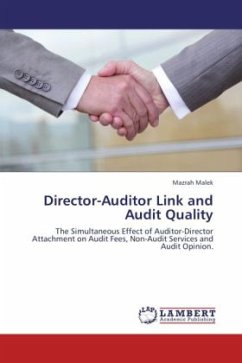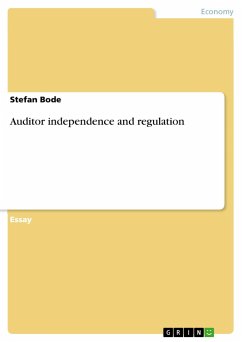
Auditor independence and regulation

PAYBACK Punkte
0 °P sammeln!
Essay from the year 2006 in the subject Business economics - Revision, Auditing, grade: 88 %, University of Glamorgan, language: English, abstract: This essay is concerned with the pros and cons of auditor independence and describes the way to the current audit regulation. The editor specifies five major threats which could jeopardise auditor independence. If auditors have any financial or personal interests in their clients then the self-interest threat, the self-review threat, the advocacy threat, the familiarity threat and finally the intimidation threat may occur. The intimidation threat i...
Essay from the year 2006 in the subject Business economics - Revision, Auditing, grade: 88 %, University of Glamorgan, language: English, abstract: This essay is concerned with the pros and cons of auditor independence and describes the way to the current audit regulation. The editor specifies five major threats which could jeopardise auditor independence. If auditors have any financial or personal interests in their clients then the self-interest threat, the self-review threat, the advocacy threat, the familiarity threat and finally the intimidation threat may occur. The intimidation threat is stressed as the most important one: as auditors highly rely on companies' directors. They have the power to interfere with auditors' work and can cease all lucrative non-audit service contracts if auditors do not agree with their view. Moreover, auditors' remuneration is determined and auditors are appointed by them in reality. Furthermore, it is emphasised that especially in recent times some safeguards have been implemented by the profession, regulation, within the assurance clients and within auditing firms to eliminate the above-mentioned threats. Within the assurance client introduced independent audit committees are widespread. Further, auditing firms have implemented their own more narrowly prescribed ethical standards. Beyond this, it is highlighted that legislation is of paramount importance. The Companies Act 1985, 1989, 2004 and above all the ISA were enacted to enhance auditor independence. The third section commences by describing the past of audit regulation. It is explained that in response to the growing public criticism in the 1960s and 1970s the professional accountancy bodies began slowly to introduce auditing standards, ethical codes, disciplinary, licensing and monitoring arrangements. Further, in the aftermath of the demise of many large companies in the 1980s, the government started to implement a new regulatory framework to reduce auditors' failures. The Companies Act 1989 and the implemented ISA in 2004 are results of the entry into the EU, as the UK must adopt EU legislation. It is estimated that in the near future the professions' self-regulation may be abolished and stricter rules regarding audit liabilities will be implemented. This essay concludes by stating that the current situation may upset all stakeholders as unbiased auditors are not guaranteed by the self-regulated profession. The fact that audit is a business may contradict it, too. Nevertheless, it is mentioned that auditors, who act dependently are a tiny minority in reality.




